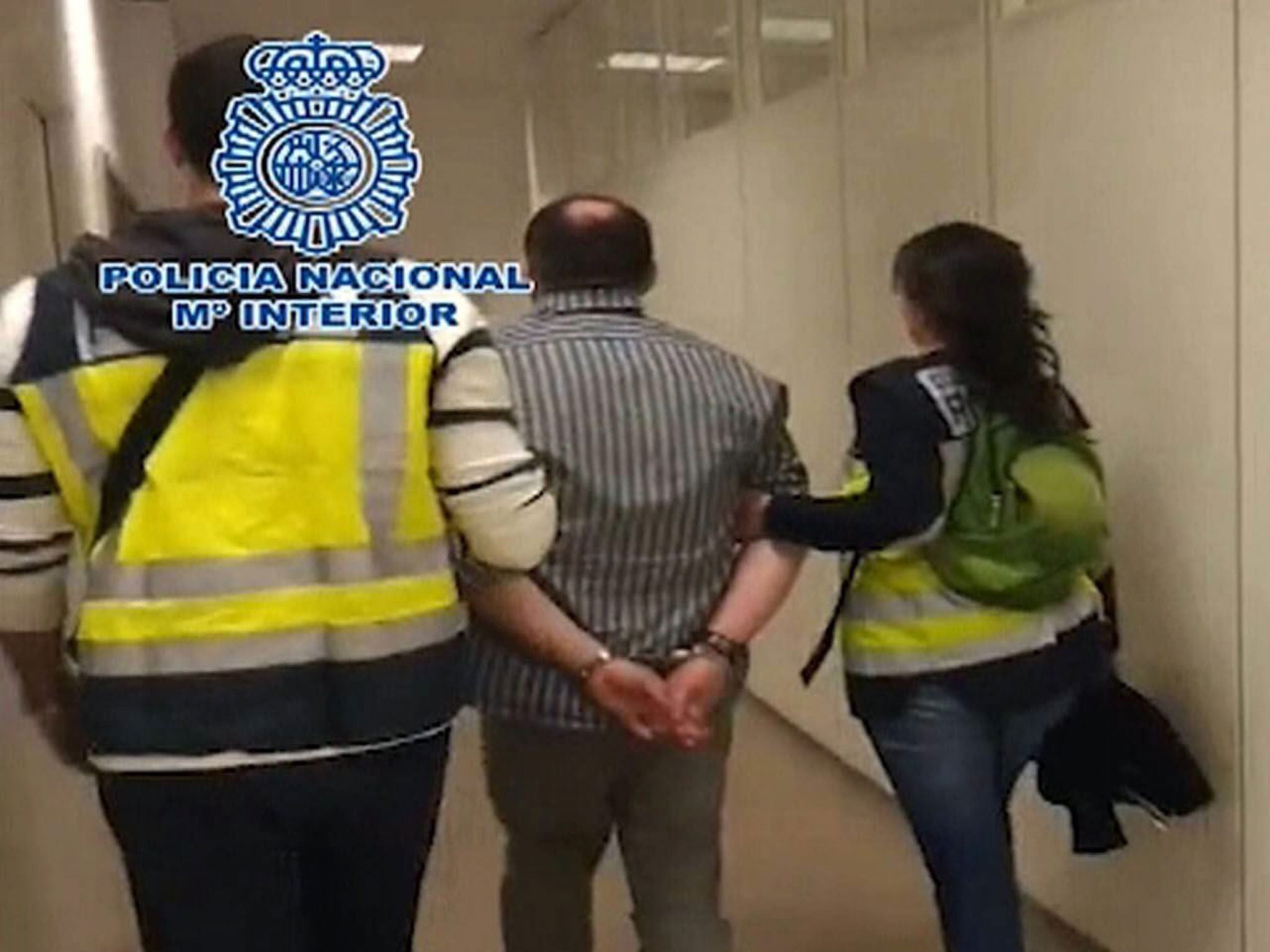Shady currency firm boss ‘bought a bride’: Costa Rica investigates if ‘PayPal for criminals’ founder married to avoid extradition
The 2010 marriage is being investigated by local authorities in the central American country

Arthur Budovsky, the man US prosecutors allege founded a massive online enterprise that helped criminals launder some $6bn (£3.9bn) in ill-gotten gains, may have paid a Costa Rican woman to marry him, thus giving him access to citizenship in a country that does not have an extradition treaty with the US.
The 2010 marriage is being investigated by local authorities in the central American country, Gustavo Vega, Costa Rica’s deputy director of judicial investigations, told the Associated Press. Mr Budovsky was arrested in Spain last week as he tried to board a flight to Costa Rica, days before an indictment was unsealed in New York revealing details of the allegations and charges against Mr Budovsky, his associates and Liberty Reserve, the online digital currency business at the centre of the case.
US authorities allege that Mr Budovsky, who is reported to have held US citizenship until he moved to Costa Rica 2006, and set up Liberty Reserve to cater to criminals who used the platform to trade and launder funds. The business was “a financial hub of the cyber criminal world, facilitating a broad range of online criminal activity, including credit card fraud, identity theft, investment fraud, computer hacking, child pornography and narcotics trafficking”, according to the indictment.
As Mr Budovsky awaits extradition proceedings in Spain, where he is being held with another suspect charged in the case, his wife was quoted by a local Costa Rican paper as saying that he had paid her $800 to marry him. He then promised to divorce her after two years, she claimed, according to La Nacion, although Mr Budovsky and the woman, who was only identified by her second names of Valerio Vargas, remain married.
The federal grand jury that charged Mr Budovsky also charged six other people connected to Liberty Reserve, which has been taken offline. Five were detained in a series of arrests in Spain, Costa Rica and the US, while two were said to be still at large when the charges were announced earlier this week. The business was estimated by prosecutors to have had “more than one million users” worldwide, with some 200,000 in the US alone, processing more than 12 million financial transactions worth a total of $1.4bn every year, according to the indictment.
Liberty Reserve had described itself as the internet’s “oldest, safest and most popular payment processor... serving millions all around a world”.
But prosecutors claim that the business, which was established in 2006, was “one of the principal means by cyber criminals around the world to distribute, store and launder the proceeds of their illegal activity”. One law enforcement official told The New York Times that Liberty Reserve, was “really PayPal for criminals”.
A central feature of the platform was that it didn’t require users to disclose their real identities.
Users had to supply basic information such as names and dates of birth, but the data was not validated against any official records, thus leaving criminals free to transact using “blatantly criminal monikers such as ‘Russia Hackers’ and ‘Hacker Account’,” the indictment said.
Brian Krebs, a former journalist who now runs a blog on computer security issues, wrote that the push against Liberty Reserve, which also had its own digital currency called LR, seemed to be “part of a larger effort by the US government to put pressure on virtual currencies.”
Subscribe to Independent Premium to bookmark this article
Want to bookmark your favourite articles and stories to read or reference later? Start your Independent Premium subscription today.

Join our commenting forum
Join thought-provoking conversations, follow other Independent readers and see their replies